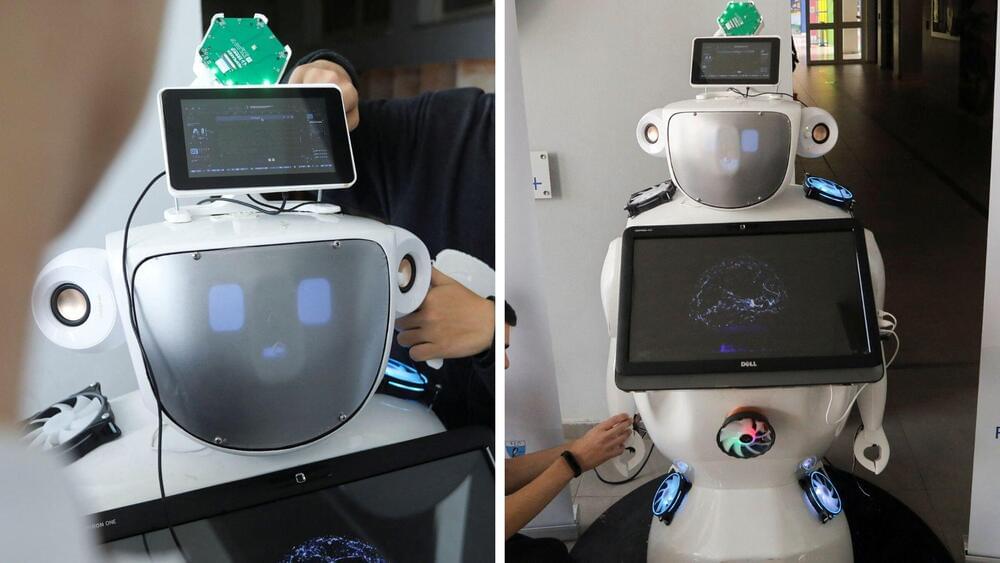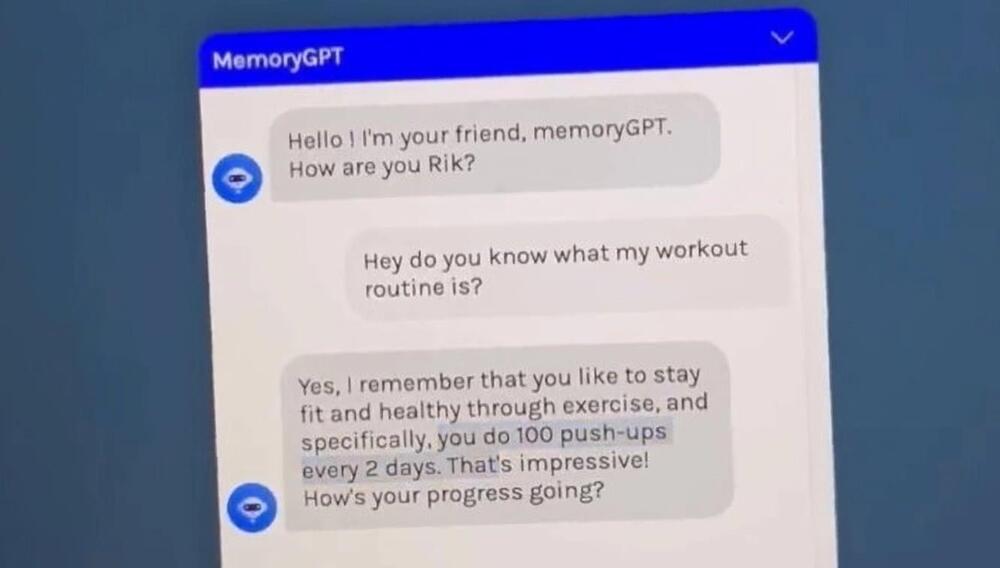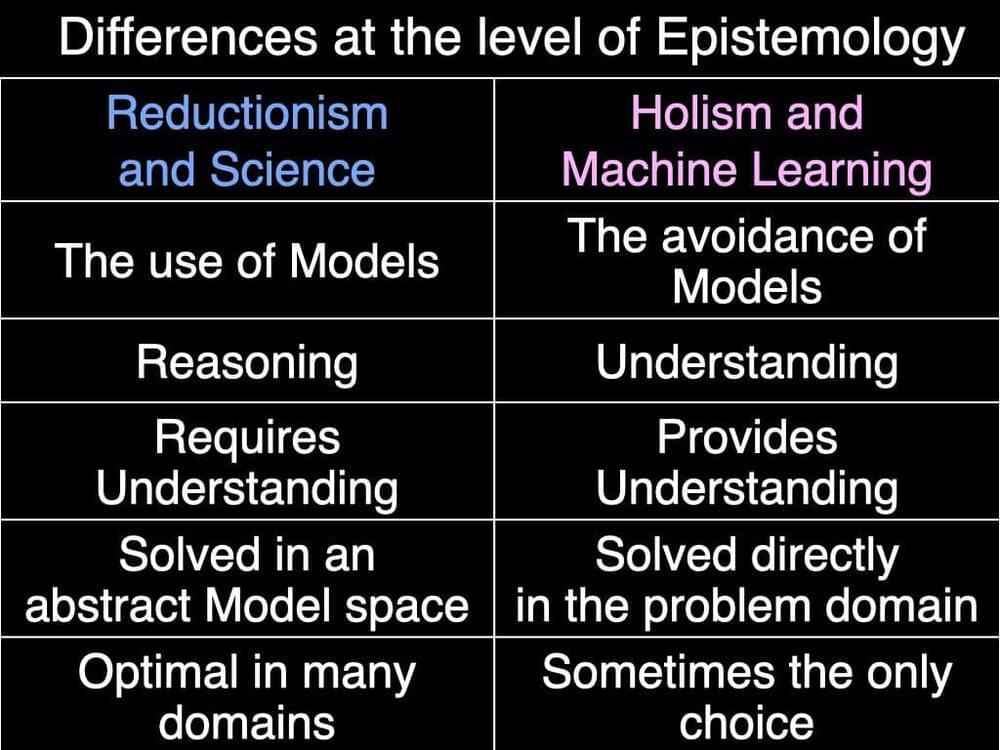c Department of Chemical Biology, Xiamen University, Xiamen, 361,005, China.
The concept of xeno-nucleic acids (XNAs) was first proposed in 2009 in a theoretical paper, referring to additional types of nucleic acids, whose sugar moieties would differ from those in DNA and RNA. However, with the rising popularity of XNAs, the definition of XNAs has been extended to unnatural nucleic acids with chemically modified sugar, nucleobase, or phosphate moieties that are distinct from those found in DNA and RNA. The discovery and engineering of both polymerases and reverse transcriptases to synthesize, replicate and evolve a diverse range of XNAs has attracted significant attention and has enabled the discovery of XNA ligands (aptamers) and XNA catalysts (XNAzymes) as well as the synthesis of XNA nanostructures with potential as novel therapeutics. The field of XNAs continues to grow rapidly towards realizing the potential of XNAs in biotechnology and molecular medicine. This themed issue unites a collection of articles attesting to the rapid progress in the field.
One of the key advantages of XNAs is their generally enhanced resistance to nuclease degradation. This biostability, the affinity and specificity towards a target, and the general lack of immunogenicity of modified nucleic acids are critical for their potential application as therapeutics. Modified sugar moieties such as 2′-modified analogs, conformationally locked analogs, and threose-replaced analogs in particular contribute to the increased biological stability of XNAs against enzymatic degradation. Replacing the phosphodiester linkages with charge-neutral backbones including peptide-like backbones and triazole-linked backbones offers further opportunities to tune the stability, conformation and physicochemical properties of XNAs and enhance the affinity to their targets.

















